Publications
Articles, publications, books, tools and multimedia features from the U.S. Institute of Peace provide the latest news, analysis, research findings, practitioner guides and reports, all related to the conflict zones and issues that are at the center of the Institute’s work to prevent and reduce violent conflict.
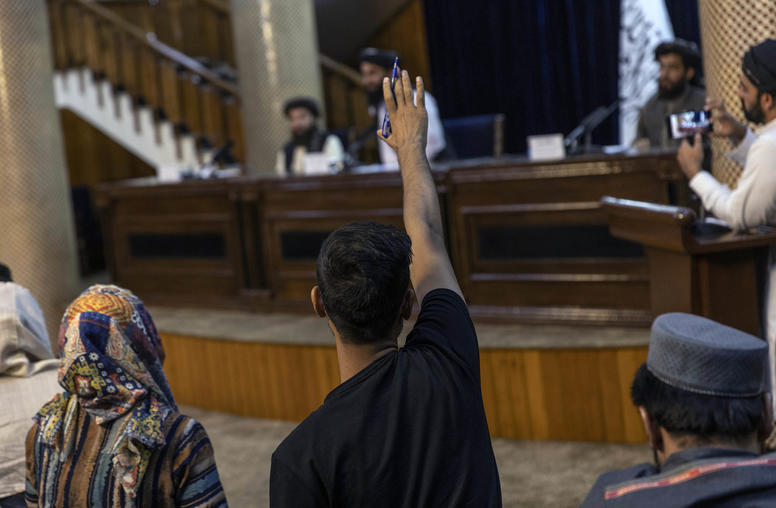
Amid Taliban Repression, Afghan Media Are a Beacon of Hope
Since regaining power two years ago, the Taliban have largely discarded Afghanistan’s democratic institutions but have taken a somewhat accommodating, albeit contradictory, approach toward independent media. Instead of a banning independent media altogether, they have implemented regulatory restrictions and punitive measures to limit free speech and control the media environment. This policy approach seems to be part of an evolving communication strategy that helped enable the group’s rise to power. Despite all the bad news coming out of Afghanistan, resilient, creative journalists and media outlets provide reason for some guarded optimism. The international community should do what it can to support the media sector, which is essential for advocating for citizen rights and providing an information lifeline to Afghans.
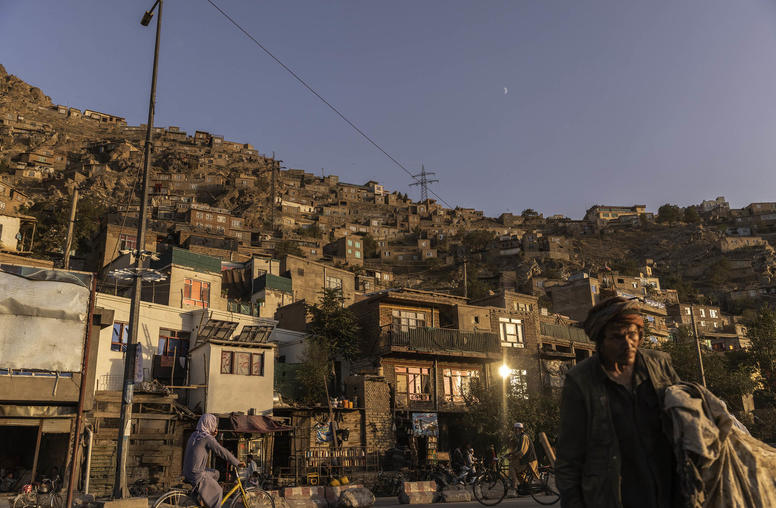
Two Years into Taliban Rule, New Shocks Weaken Afghan Economy
The Taliban have done a better job than expected in managing the Afghan economy despite some missteps. But nevertheless, the Afghan economy seems caught in a low-level equilibrium that leaves most Afghans poor, hungry and in need of humanitarian assistance. Moreover, new headwinds threaten to precipitate further economic decline, risking a repeat of the economic free-fall seen in the initial months following the August 2021 Taliban takeover. Much will depend on whether aid declines sharply or gradually, how seriously the opium ban is enforced for a second year during this fall’s planting season, and whether Taliban gender restrictions are tightened, maintained or weakened.
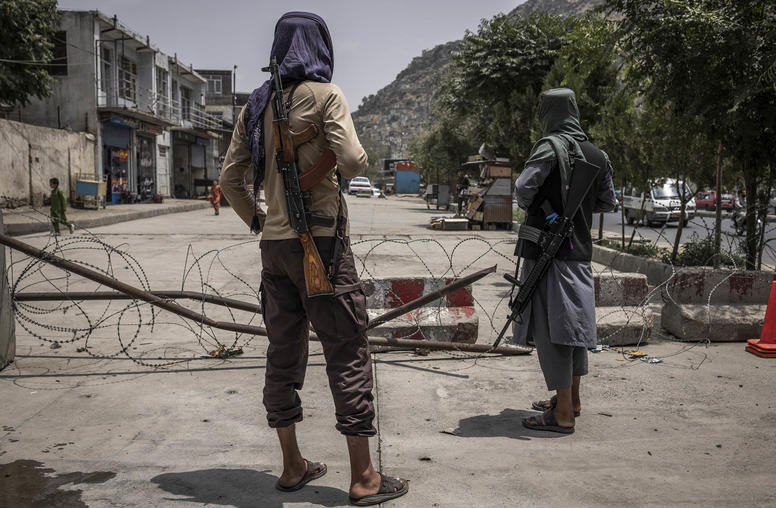
Two Years Under the Taliban: Is Afghanistan a Terrorist Safe Haven Once Again?
Two years into Taliban rule, the question of whether Afghanistan would once again become a safe haven for international terrorism remains alive. Longstanding fears were affirmed a little over a year ago, when the U.S. government located al-Qaeda leader Aimen al-Zawahiri in Kabul, Afghanistan, before killing him in a drone strike. The fact that the Taliban would bring Zawahiri back to Kabul, despite repeated assurances to U.S. negotiators both before and after the Doha agreement that they had distanced themselves from al-Qaeda, significantly elevated concerns.
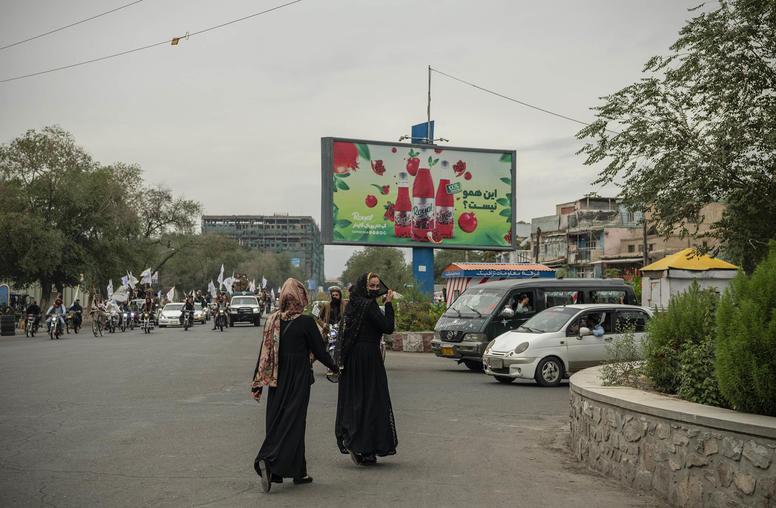
Two Years of the Taliban’s ‘Gender Apartheid’ in Afghanistan
Two years after the Taliban takeover of Afghanistan, the human rights situation in the country is abysmal, with women and girls experiencing the worst of the regime’s policies. There is growing evidence that the Taliban are committing the crime against humanity of gender persecution of women and girls, an assertion Human Rights Watch made in a new report. This summer, the World Economic Forum slated Afghanistan last of the 146 countries it ranked in a study on gender gaps. The scope of the Taliban’s women’s rights restrictions is truly unprecedented.
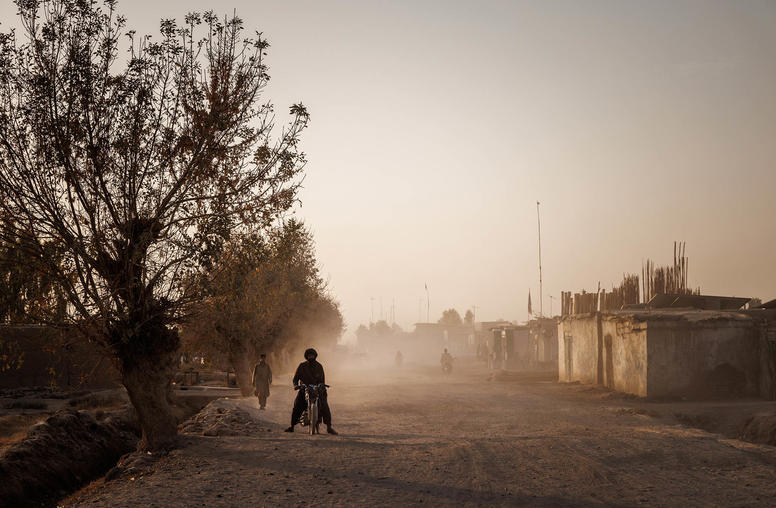
Afghanistan’s Two Years of Humanitarian Crisis Under the Taliban
The Taliban’s takeover of Afghanistan in August 2021 immediately exacerbated the country’s precarious humanitarian situation, leaving millions in need of food assistance and other support. Two years later, the situation remains dire, with Afghan women and girls acutely affected by the Taliban’s draconian restrictions on their daily lives. The international community continues to struggle to find a balance between providing desperately needed aid while also pressuring the regime in Kabul to moderate its hardline policies. While Afghans need emergency assistance, the country will continue to deal with cycles of crises until its deep-seated economic challenges are addressed.
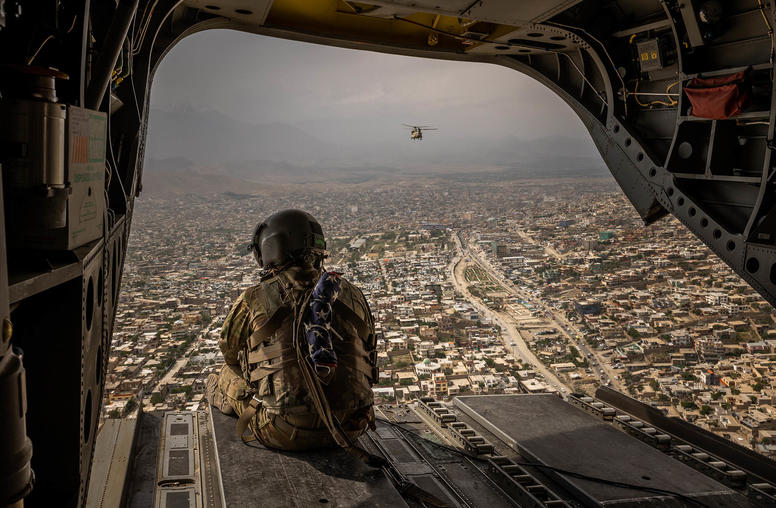
Learning from Failed Peace Efforts in Afghanistan
Over the course of 20 years, the United States made strategic mistakes in its war with the Taliban that helped fuel the insurgency and likely precluded an earlier end to the war. The U.S. government became fixated on a purely military solution, to the neglect of a political solution. This overwhelming focus on dealing the Taliban a decisive defeat was reinforced by the perceived political risks of negotiating a peace agreement with an organization that was seen solely through the lens of the war on terror. The United States should learn from its experience in Afghanistan and the opportunities it missed to reach a better and faster outcome to the war.
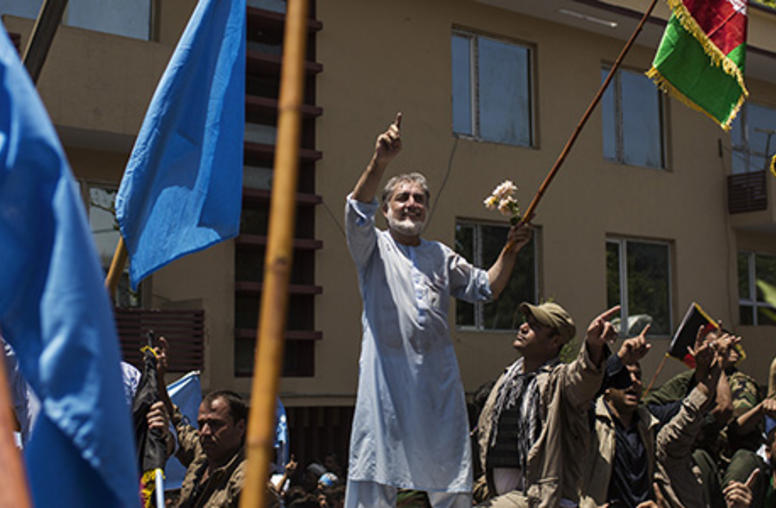
Afghans Still Enthusiastic About Vote
After the first round of voting in the presidential race in Afghanistan, where over 7 million Afghans went to the polls on April 5, 2014, a handful of political pundits and interest groups urged the two leading candidates, Dr. Abdullah Abdullah and Dr. Ashraf Ghani Ahmadzai, to make a deal to avoid a second round scheduled for June 14. President Karzai played an active role in brokering between the candidates and the political elite. A range of arguments were put forth on behalf of such a dea...
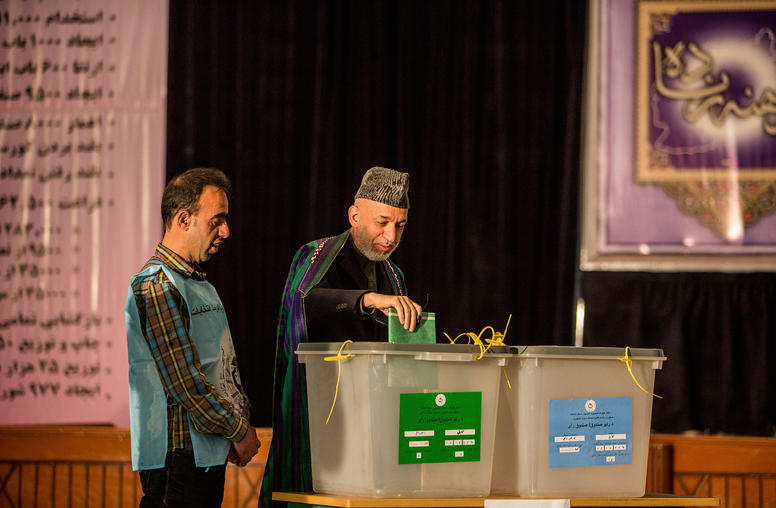
Karzai: What Will History Say?
Years of suspicion and acrimony between the U.S. and Afghanistan’s President Hamid Karzai likely will give way to a more generous reading of his tenure in the history books, according to a former United Nations official and a retired American general who led international forces there.

The Crowd Who Would Be King
Technology is connecting people all over the world, giving them new power and a stronger voice. But is it making government any better?
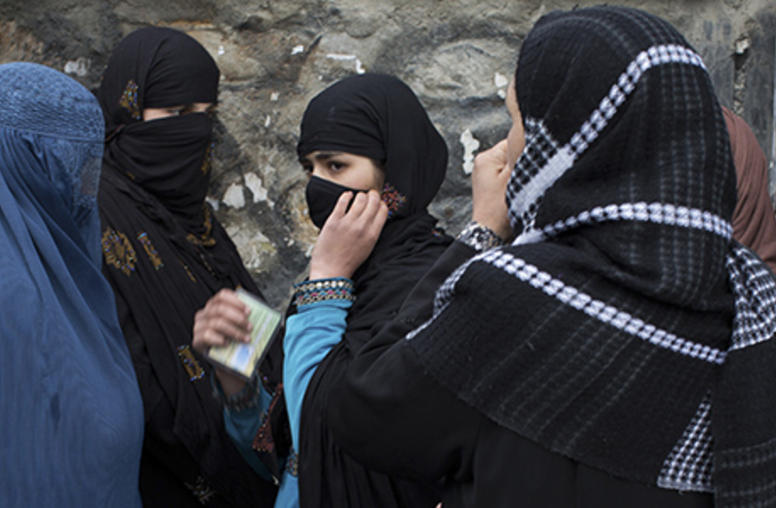
Q&A: The Future of Justice for Women in Afghanistan
The risk of backsliding in the status of women in Afghanistan after 12 years of significant strides is one of the biggest question marks surrounding the country's prospects amid the drawdown of the U.S.-led military coalition. Tim Luccaro, who has worked on traditional dispute resolution, women's access to justice and nonviolent conflict resolution in Afghanistan since 2010, considers what steps will be needed to secure the gains that have been made.